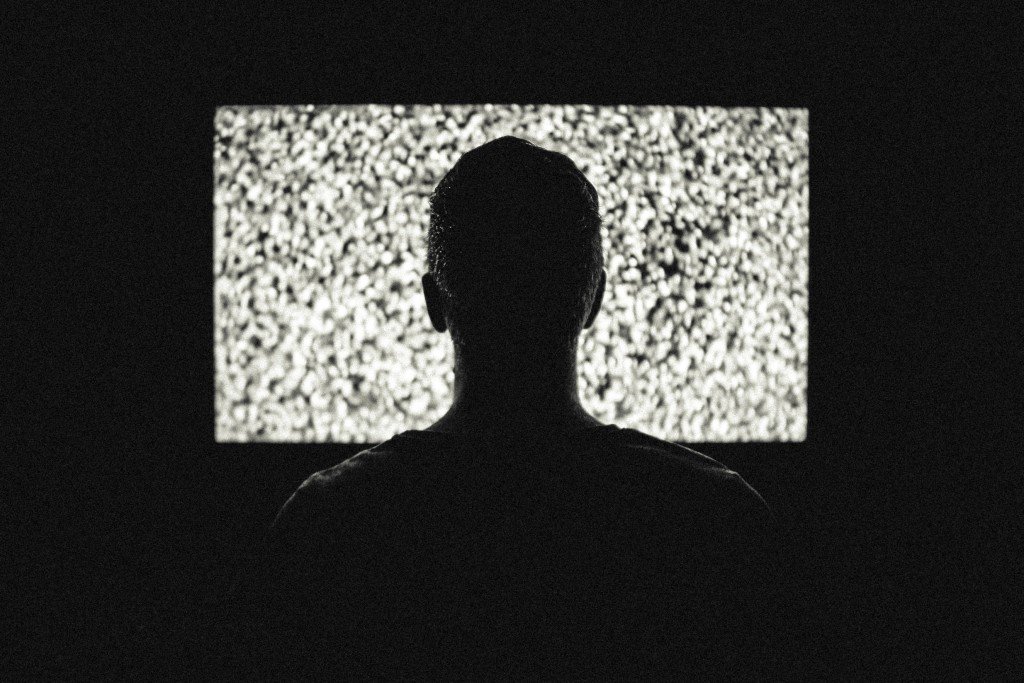
Researchers at the University of California, San Francisco kept tabs on 3,247 people over a span of 25 years regarding their TV habits. At five-year intervals, the scientists asked the participants to estimate how much TV they watched each day, and every two to five years they would inquire about how much exercise the subject got during the timeframe. The findings, which were published in the JAMA Psychiatry, found that people who didn’t exercise but watched three hours of TV per day fared worse on cognitive tests than those people who weren’t layabout couch potatoes. From NPR:
“Then people who had both low physical activity and high TV had even worse performance. It was an even bigger effect,” says Dr. Kristine Yaffe, a psychiatrist at UCSF and senior author on the study.
This obviously means you’ll stop binge-watching TV? Probably not. Will we? Uh, those three seasons of Gary: Tank Commander aren’t going to watch themselves. Plus, the types of content that people watched weren’t discussed, so shows that make you think, like Kourtney and Kim Take New York, may be more beneficial than some show idiots watch, like Jeopardy!
What’s the takeaway? For now, it’s that consuming too much TV without exercise can slow cognitive function, but not enough to make a serious impact. As in, if you consume 48 hours of TV in one sitting you won’t suddenly forget your name or that you probably have to take a massive leak. So, when phrased like that, why the hell would we change our TV schedule so long as exercise more than 30 minutes per day? We won’t, which makes this post and this study useless.
 Also Read: 8 Sex Partners Is Average [Study]
Also Read: 8 Sex Partners Is Average [Study]
If you’re in your 30s and have had sex with more than eight people, congrats, you’re above average. (We mean your number, not your penis size.)



